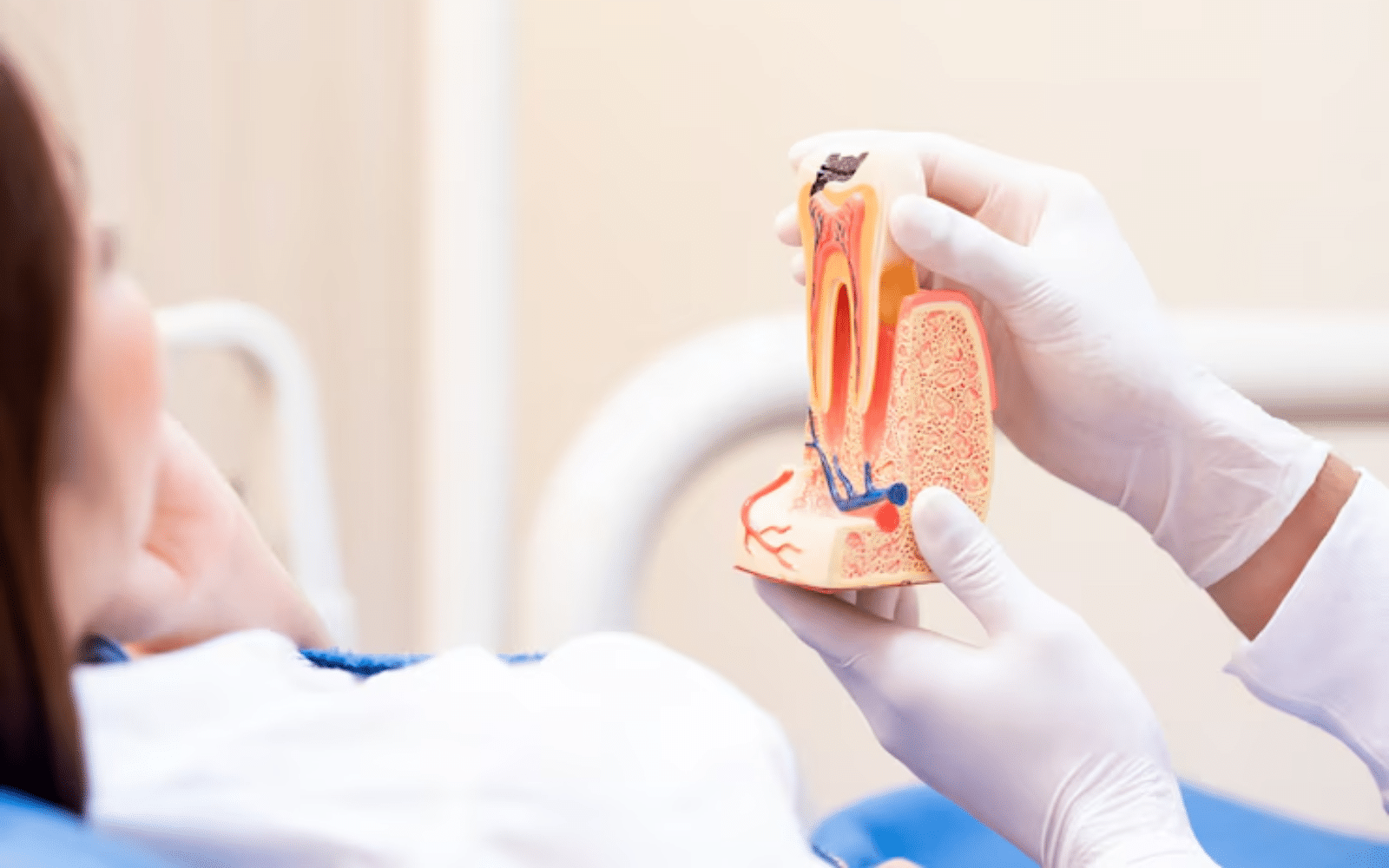
Does The Tooth Pain Increase Days After Root Canal Treatment?
Root canal treatment is a common dental procedure to repair and save a damaged or infected tooth. After the procedure, patients sometimes experience pain that may persist for days after the initial treatment. Does tooth pain increase days after root canal treatment? This article will explore this topic in detail with information on what causes post-treatment pain and how to relieve it.
Root canals are an essential part of maintaining good oral health. They can help to eliminate infection, restore teeth, and protect against further damage. However, discomfort is a possibility following any dental procedure; does the tooth pain increase days after root canal treatment? This article will take a closer look at post-treatment pain and explore potential causes, as well as provide advice on how to relieve it.
What Causes Post-Root Canal Pain?
Many patients may experience some discomfort in the days following their root canal procedure. Generally, this is caused by inflammation resulting from the work done during the treatment. While this kind of pain should eventually subside, there are other factors that can cause or worsen toothache after a root canal.
Poor Preparation
If a tooth isn’t properly prepared for a root canal, it could lead to further damage and more pain afterward. Inadequate filing of the canals, for example, could lead to an infection or pulp exposure. This will not only cause pain immediately after a root canal but also in the days that follow.
Pulp Exposure
The dental pulp is located inside of teeth and helps them stay healthy by providing nourishment and protection. Following a root canal, this area is exposed to bacteria from saliva, which may result in further irritation and pain. If the canals aren’t properly filled during the treatment, the pulp may become infected or inflamed which can cause more intense pain later on.
Poor Crowns
If crowns are poorly fitted following a root canal procedure, they put extra pressure on the surrounding teeth. This can lead to pain in the days and weeks after treatment. It’s important to make sure that any crowns or other dental work are done correctly in order to avoid this issue.
When Should I Worry About Post-Root Canal Pain?
While some discomfort after a root canal is normal, there are certain signs that may indicate a more serious problem. If you experience any of the following, you should contact your dentist right away:
Fever
A fever may be a sign of an infection, which can develop if the tooth wasn’t properly prepared or filled during the root canal procedure. Infections can cause severe pain, swelling, and fever.
Intense Pain
If the pain after a root canal is especially intense, this could be a sign of something more serious. This may be caused by an infection or pulp exposure that wasn’t treated during the initial procedure. It’s important to contact your dentist right away if you experience any significant pain after a root canal.
Swelling
Swelling in the area around the tooth can also indicate a deeper issue. This could be due to an infection or inflammation, both of which can cause intense discomfort. You should consult with your dentist as soon as possible if you experience any swelling following your root canal treatment.
How To Relieve Post-Root Canal Pain
It’s important to keep in mind that some pain is normal after a root canal, however, there are ways to reduce discomfort. Here are some tips on how to alleviate toothache following a root canal:
Cold Compresses
Applying cold compresses to the affected area can help reduce swelling and inflammation. This may provide temporary relief from post-root canal pain.
Over The Counter Medication
Over-the-counter medications such as ibuprofen or acetaminophen can help relieve mild discomfort. However, be sure to consult with your dentist before taking any kind of medication.
Soft Foods
Eating soft foods such as yogurt, mashed potatoes, and oatmeal can help reduce the pain and pressure on your teeth. Avoiding hard or crunchy foods is recommended until you’ve fully healed.
Root canal treatment is a common procedure that can help save damaged or decayed teeth. While some discomfort after a root canal is normal, there are certain signs that may indicate something more serious. It’s important to consult with your dentist if you experience any intense pain, swelling, or fever following your root canal procedure. Additionally, there are several ways to relieve mild post-root canal pain including cold compresses, over-the-counter medications, and eating soft foods.
A1: It is normal to experience some discomfort after a root canal, however, there are certain signs that may indicate a more serious problem. If you experience any intense pain, swelling, or fever following your root canal procedure, it’s important to contact your dentist right away.
A2: There are several ways to relieve mild post-root canal pain including cold compresses, over-the-counter medications, and eating soft foods. Additionally, make sure that any crowns or other dental work are done correctly in order to avoid further pain or complications.
A3: If you experience any significant pain, swelling, or fever following your root canal procedure, it’s important to contact your dentist right away. This could be a sign of an infection or other deeper issue that needs to be addressed immediately.



